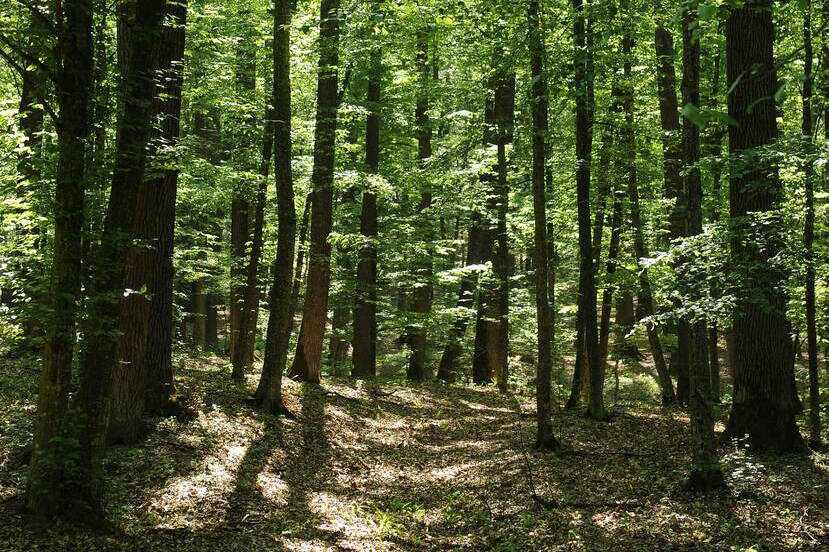Romania: WWF launches first website dedicated to national virgin forests
WWF Romania announces the launch of the first website dedicated to Romania's virgin forests, which includes news about the process of identifying such locations, an interactive map, educational digital publications, historical data and answers to the most pressing questions on this subject.

"The National Catalogue is now operational and everyone interested in the protection of virgin forests needs to get involved for the completion of the identification and recognition of these forests. These are the managers of woodlands and protected areas, as well as educational and research institutions or NGOs," says national manager of the WWF Romania Forest Department Radu Melu.
According to a release issued by the environmental organization, Romania has so far included over 70,000 hectares of forest in the Catalogue of Virgin and Quasi-Virgin Forests, the only inventory tool that ensures strict protection for these swaths of woodland.
"Basically, a forest is acknowledged as virgin or quasi-virgin only if it is included in the Catalogue. There is thus a clear evidence of them, which removes the risk of forestry interventions being carried out in woodland entered in the National Catalogue. No forestry works are allowed in these areas, only non-intervention management. WWF is the one that has brought to public attention the concept of virgin/quasi-virgin forests and the need for their strict protection. It promoted the idea of the Catalogue in Romania and contributed to the development of the legislative framework that sets the criteria and indicators in place for identifying these forests. WWF has so far surveyed more than 600,000 hectares of woodland and identified virgin and quasi-virgin forests," WWF Romania said.
The inclusion of virgin and quasi-virgin forests in the Catalogue for their protection is a complex process involving data, experts and a lot of field and office work.
"At the same time, it requires effort on the part of the owner, the manager or the local communities. These woodlands are no longer available for timber harvesting and sometimes the road to obtaining the due legal compensation is long and difficult. In certain cases, such as state-owned forests or those that are in the property of communities, no compensations are offered, but the local communities still need wood for small industry and heating," the cited source states.
Source: Agerpres